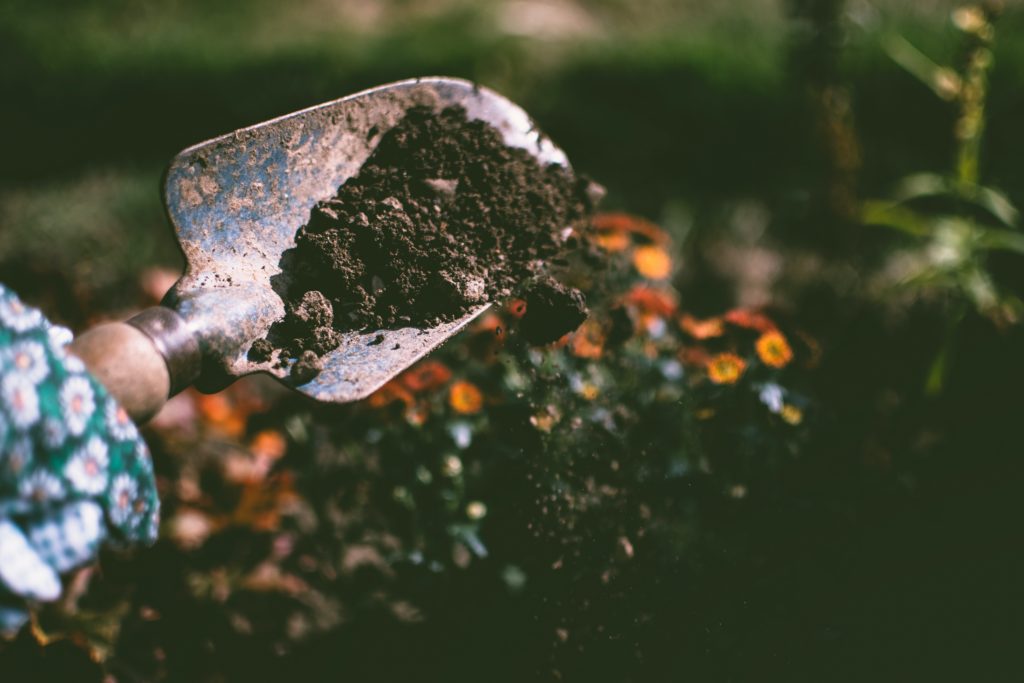Words in a poem are like sentences in a novel. Poems tend to vary in length but each word is usually chosen by the author for a reason.
For those who read poetry, a good strategy is to pay attention to the diction, or the choice of words within a poem.
One way to do this is to read through a poem twice and notice words that surprise you the second time you read it.
Let’s try it.
Read or listen to the poem, “Digging” by Seamus Heaney.
What words or phrases stuck out to you or surprised you after reading?
I was surprised by the phrase “gravelly ground.” It surprised me that the poet did not just say “sinks into the ground.” The word “gravelly” makes the line very specific.
I looked up the definition of “gravelly” in a dictionary and found it means there was gravel scattered throughout the ground. This caused me to think about how difficult it must have been to dig into the soil and plant the potatoes.
Finding definitions for unknown words is another popular strategy to better understand the words in a poem.
I researched the word “squelch” from the lines, “The cold smell of potato mould, the squelch and slap/Of soggy peat, the curt cuts of an edge.” I could imagine the sound of the shovel sinking into the ground as the speaker’s father worked in the field.
Lastly, paying attention to repeated words throughout the poem may help the reader understand the main themes within the poem. Oftentimes, the poet will repeat words or phrases that are important to the poem’s meaning.
The repetition of the word “digging” and the phrase “the squat pen rests” within the poem caught my attention.
These phrases are placed together in the final lines, “Between my finger and my thumb/The squat pen rests./I’ll dig with it.”
Through these lines, the speaker decides to follow a new path and not farm like his father and grandfather.
Sometimes readers have to “dig” into the definitions and word choices the poet makes to better understand the poem.
Did any other words or phrases confuse or capture your attention? Write them in the comments!
